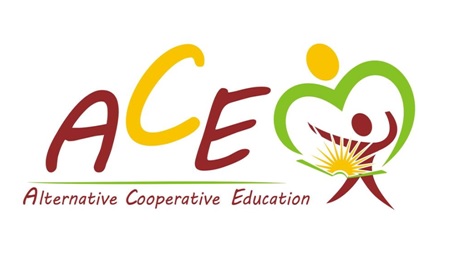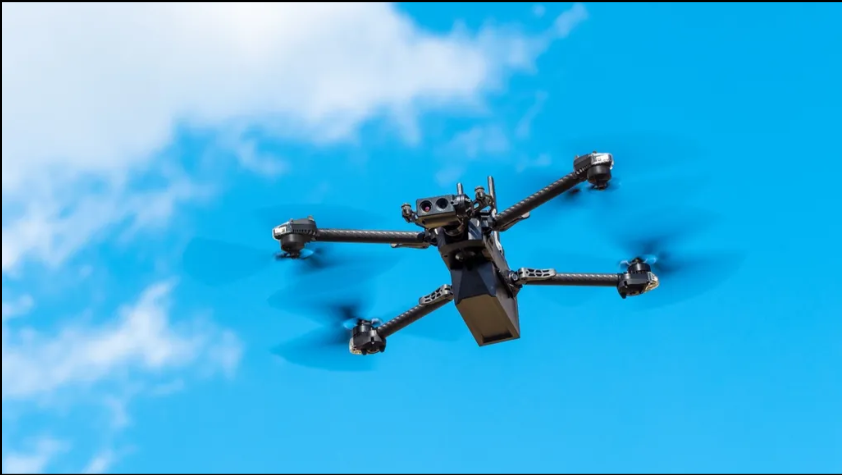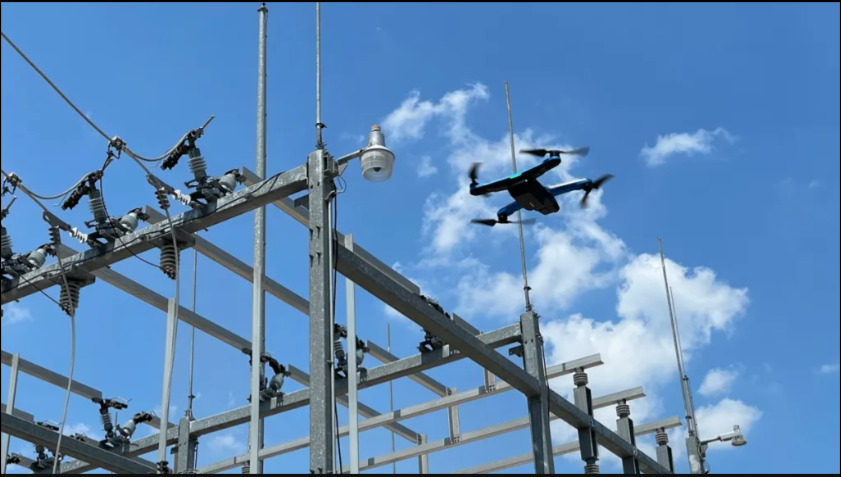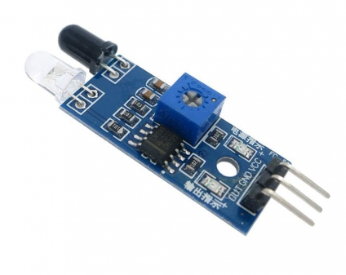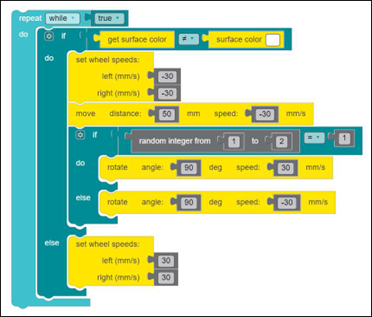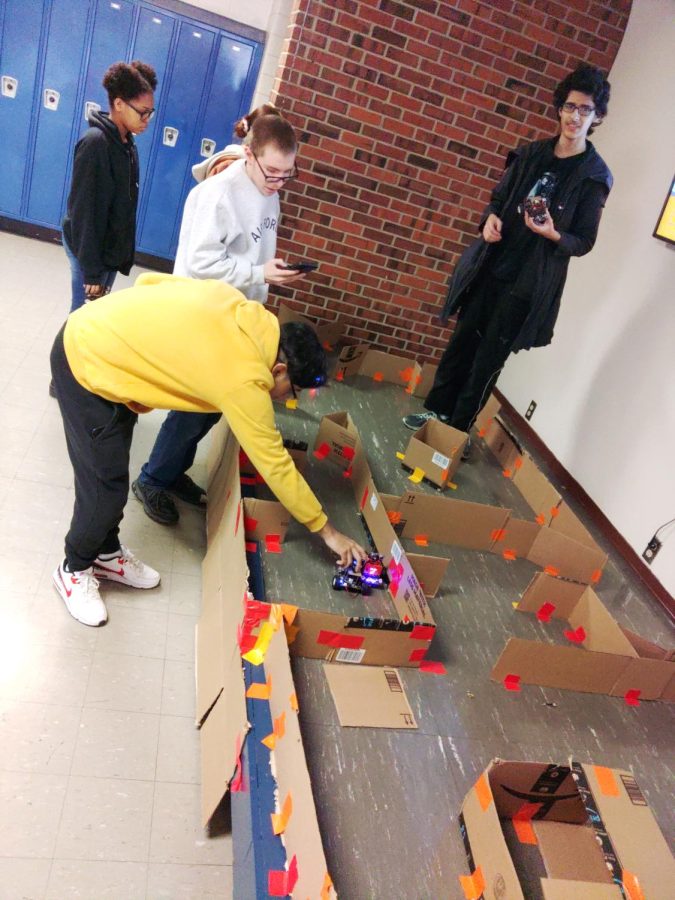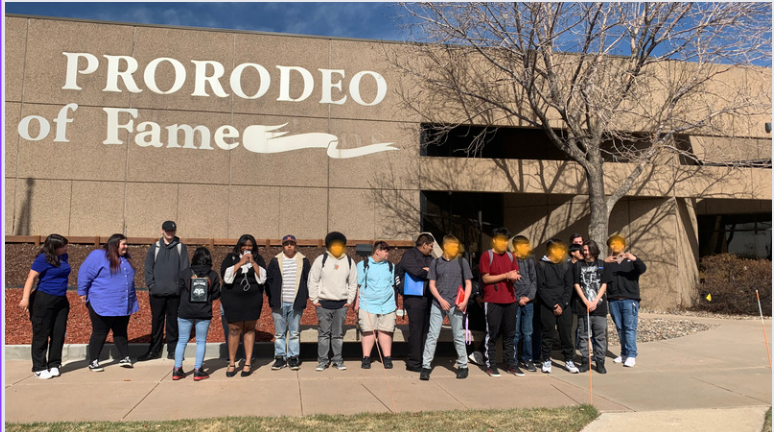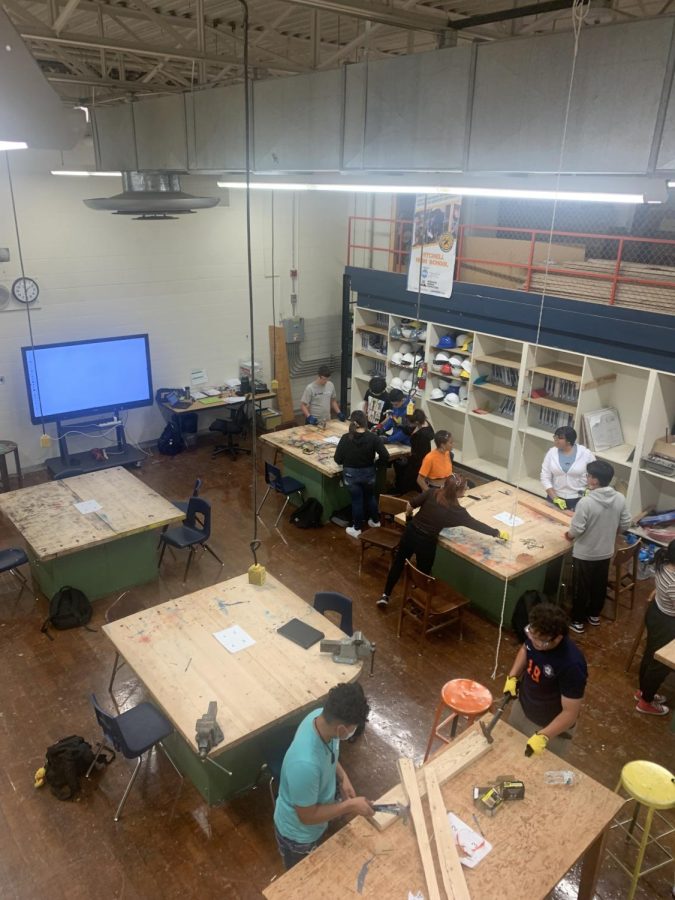CSF2 – Unit 7 Algorithms and Programming Flex Sensor Glove
April 3, 2023
In this unit students will review programming concepts such as variables, lists, conditional statements, and functions. The challenge is to combine these programming concepts into a complex program. Students will be working on programming the flex sensor glove to operate their robotic hand.
At the beginning of every topic, students are STRONGLY encouraged to write down all of the vocabulary words, definitions, and key concepts found in the concept folders. These notes will help students a lot to complete assignments and tests.
Students are learning how to:
-
Create clearly named variables that represent different data types and perform operations on their values.
-
Develop guidelines that convey systematic troubleshooting strategies that others can use to identify and fix errors
-
Use lists to simplify solutions, generalizing computational problems instead of repeatedly using simple variables
-
Justify the selection of specific control structures when tradeoffs involve implementation, readability, and program performance, and explain the benefits and drawbacks of choices made.
-
Decompose problems into smaller components through systematic analysis, using constructs such as procedures, modules, and/or objects.
-
Create artifacts by using procedures within a program, combinations of data and procedures, or independent but interrelated programs.
-
Systematically design and develop programs for broad audiences by incorporating feedback from users.
-
Modify an existing program to add additional functionality and discuss intended and unintended implications (e.g., breaking other functionality).
Students are learning about these things so that they can:
-
Review Variables, Lists, Conditions, and Functions
-
Apply these simple concepts into more complex programs
-
Write a program to get the flex gloved sensor to “talk” with the Micro:bit
Students will know they are successful when they get a perfect score on the following assignments (Keep in mind they have unlimited redos):
- AP-FSG Question of the Day Discussion 10 pts Due 4/7
- AP-FSG Commit to Learning 11 pts Due 4/7
- Scratch Variables and Lists CFU 2 pts Due 4/7
- Micro:Bit Functions CFU 2 pts Due 4/7
- Scratch Conditionals and Booleans CFU 2 pts Due 4/7
- Micro:Bit Conditions and Booleans CFU 2 pts Due 4/7
- AP-FSG Make Sense of Learning 15 pts Due 8/19
- AP-FSG Practice and Rehearse OPTIONAL 8 pts Due 4/14
- AP-FSG Extend and Apply 15 pts Due 8/19
- AP-FSG Quiz 10 pts Due 8/19
 School District 11 is committed to a policy of nondiscrimination in relation to disability, need for special education services (whether actual or perceived), race, creed, color, sex, marital status, sexual orientation, transgender status, gender identity, gender expression, national origin, religion, ancestry, age, genetic information, or protected activity. Any harassment/discrimination of students and/or staff, based on the protected areas, will not be tolerated and must be brought to the immediate attention of the D11 nondiscrimination compliance/grievance coordinator.
School District 11 is committed to a policy of nondiscrimination in relation to disability, need for special education services (whether actual or perceived), race, creed, color, sex, marital status, sexual orientation, transgender status, gender identity, gender expression, national origin, religion, ancestry, age, genetic information, or protected activity. Any harassment/discrimination of students and/or staff, based on the protected areas, will not be tolerated and must be brought to the immediate attention of the D11 nondiscrimination compliance/grievance coordinator.
NONDISCRIMINATION COMPLIANCE COORDINATOR Katherine Ritchie Rapp, Equal Opportunity Programs and Ombudservices 711 East San Rafael Street, Colorado Springs, CO 80903-2599
E-MAIL: [email protected] Phone: 520-2271, FAX: 520-2442
